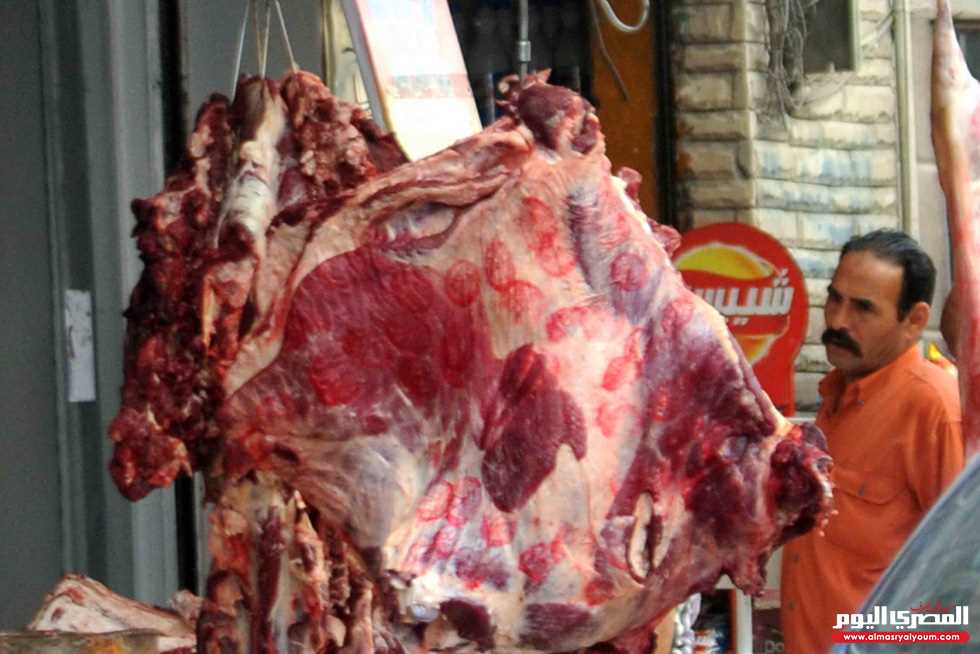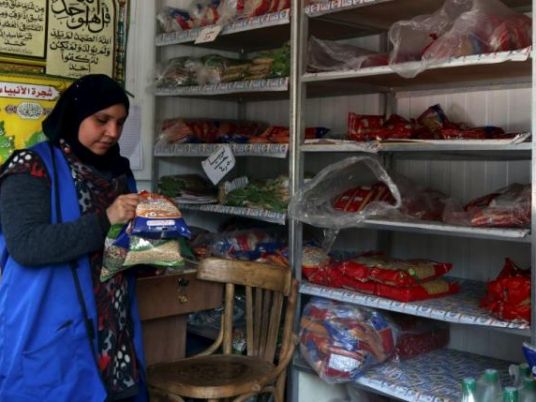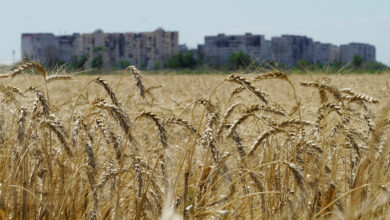“A Thousand Gardens in Africa,” an initiative started in 2010 as part of the “Terra Madre” project, encourages individuals to rediscover local soil and traditions. It is promoted by the Slow Food organization in support of sustainable agriculture.
Discovering new technologies while granting the consumer the ability to trace food through its production process is important to raising awareness about industrial agriculture and how food is produced.
The Italian Slow Food Organization aims at raising awareness about local plants and biodiversity, as well as promoting respect for the environment by providing education for youth and farmers. It also stresses the importance of protecting local crops and special varieties worldwide.
The “A Thousand Gardens in Africa” project, initiated by “Terra Madre,” aspires to create sustainable vegetable gardens in 17 countries across Africa — including Egypt — in urban and rural settings, schools, villages and city outskirts to promote sound livelihoods and healthy diets. It combines new farming techniques with local and traditional practices that support biodiversity and a sustainable ecosystem.
Such methods can be used globally to increase knowledge of food systems. Many gardens have already been created by single individuals and local communities in many African and Western countries. Blogs offering guidelines on different techniques to cultivate plants have blossomed in the past few years. Many insist on the benefits of eating local varieties of crops.
Local gardens, as opposed to industrial agriculture systems, can guarantee the prevalence of healthy and local food while supporting the local economy. Also, small communities can create local variants, and organic crops free from chemical fertilizers can be used for local consumption.
In Egypt the initiative remains in an embryonic state. The partnership between Slow Food and the Wadi Environmental Science Centre (WESC) recently began on 2010 World Environmental Day.
“We have not actually started any gardens, as we are still gathering information about gardening in Egypt and compiling a manual to be used as a reference for growing,” explains Sara al-Sayyed, a Senior School Coordinator at the Wadi Environmental Science Centre (WESC) and the coordinator of “A Thousand Gardens” initiative in Egypt.
According to Marta Messa, Technical and Operations Coordinator at the Slow Food Organization in Italy, the “organization aims to create 30 gardens in Egypt, in schools, communities and family gardens.”
“We are currently integrating the draft of our project with proposals of African agronomists collaborating in the initiative,” he says.
Some projects related to sustainable agriculture and slow food have already been developed with success in Egypt, Messa explains.
Terra Madre supports olive growers in Sinai, where the community of Tamra Henna promotes sustainable development in desert areas by focusing on the conservation of natural resources through the cultivation of olive trees. In the Ecovillage of Hopein in Alexandria, a group of about 50 youth with disabilities are engaged in activities related to sustainable agriculture. Their major focus is the production of bread, pasta and traditional sweets. In Fayoum, a community of 335 people cultivates vegetables and herbs under the auspices of the Egyptian Center for Organic Agriculture.




